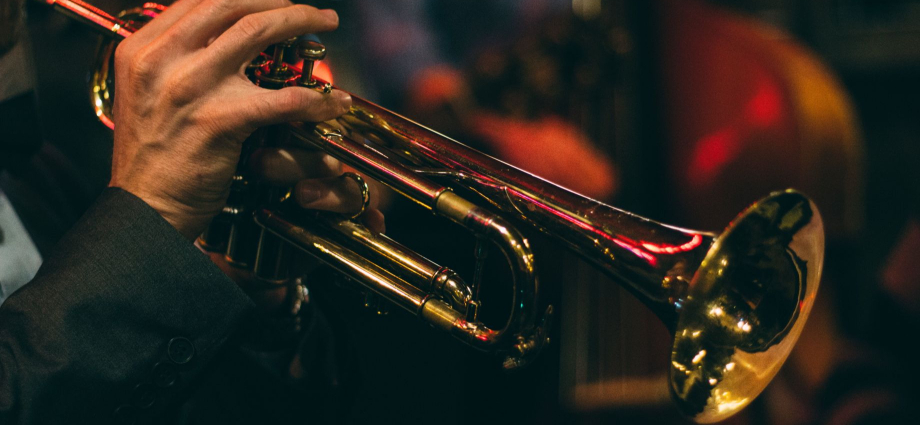The Evolution of the Detroit Jazz Festival: A Historical Journey
The Detroit Jazz Festival stands as one of the most celebrated annual jazz events in the world. Since its inception, it has been a beacon of musical excellence and a celebration of jazz’s rich history and vibrant future. In this article, we will explore the festival’s origins, its impact on the music scene, and why it continues to captivate audiences year after year.
The Origins of the Detroit Jazz Festival
A Vision Realized
The Detroit Jazz Festival was founded in 1980 by Detroit businessman and jazz enthusiast Robert W. McGhee. McGhee envisioned a festival that would not only honor the rich jazz heritage of Detroit but also provide a platform for emerging artists to showcase their talents. The inaugural event took place in Hart Plaza, a picturesque location along the Detroit River, setting the stage for a tradition that would grow into one of the largest free jazz festivals in the world.
Early Years and Expansion
In its early years, the festival focused on showcasing local talent and featuring performances by established jazz legends. Over time, it expanded its scope to include international artists, drawing jazz lovers from around the globe. The festival’s growth was fueled by the support of local businesses, community organizations, and a dedicated volunteer base.
Key Milestones in Festival History
1980s: The Beginnings
The first decade of the Detroit Jazz Festival was marked by its commitment to presenting high-quality jazz performances and honoring Detroit’s own jazz legacy. Artists such as Joe Henderson and Horace Silver graced the stage, helping to establish the festival’s reputation as a premier jazz event.
1990s: Expanding Horizons
The 1990s saw significant growth and innovation, including the introduction of new stages and additional performance spaces. The festival began to incorporate educational programs and workshops, providing opportunities for young musicians to learn from the masters. Notable performers during this era included Wynton Marsalis and Chick Corea, further cementing the festival’s status on the global jazz scene.
2000s: A Global Stage
Entering the 21st century, the Detroit Jazz Festival embraced its role as an international cultural event. The festival began to feature a diverse range of jazz styles, from traditional to contemporary, and collaborated with artists from various genres. This period also saw the introduction of the Detroit Jazz Festival Foundation, dedicated to preserving the festival’s legacy and supporting jazz education.
2010s to Present: Innovation and Legacy
In recent years, the Detroit Jazz Festival has continued to innovate while honoring its roots. The festival has introduced live streaming of performances, allowing fans from around the world to experience the magic of Detroit jazz. It has also expanded its programming to include discussions, panels, and tribute performances celebrating jazz legends.
The Impact of the Detroit Jazz Festival
Economic and Cultural Impact
The Detroit Jazz Festival has had a profound impact on the city’s economy and cultural landscape. It attracts hundreds of thousands of visitors each year, contributing significantly to the local economy through tourism, hospitality, and retail. Culturally, the festival has played a crucial role in preserving Detroit’s jazz heritage and promoting the city as a global jazz capital.
Supporting Emerging Talent
The festival is not just a celebration of jazz but also a nurturing ground for emerging artists. Through workshops, masterclasses, and performance opportunities, the Detroit Jazz Festival provides invaluable exposure and development for up-and-coming musicians. This commitment to fostering new talent ensures that jazz continues to evolve and thrive.
Notable Performances and Artists
The Detroit Jazz Festival has featured numerous iconic performances and legendary artists over the years. Some of the standout moments include:
- Ella Fitzgerald performing a memorable set in the early 1980s.
- Duke Ellington Orchestra bringing their timeless classics to the festival stage.
- Herbie Hancock’s groundbreaking performance showcasing his innovative approach to jazz.
Tips for Attending the Detroit Jazz Festival
What to Expect
Attendees can look forward to a diverse lineup of performances, educational sessions, and engaging cultural activities. The festival offers multiple stages and venues, each providing a unique experience of jazz music.
Practical Information
- Dates: The Detroit Jazz Festival typically takes place over Labor Day weekend.
- Location: Hart Plaza and various other venues in Detroit.
- Tickets: The event is free to the public, but donations are encouraged to support the festival’s mission.
Getting There
Public transportation, including buses and the Detroit People Mover, provides convenient access to the festival. Parking is available at nearby lots and garages.
Conclusion
The Detroit Jazz Festival remains a testament to the city’s rich musical heritage and its commitment to celebrating jazz in all its forms. From its humble beginnings to its current status as a premier international jazz event, the festival continues to inspire and captivate audiences, ensuring that the legacy of jazz lives on.
For more information about the Detroit Jazz Festival and to stay updated on this year’s lineup, visit the official Detroit Jazz Festival website.
